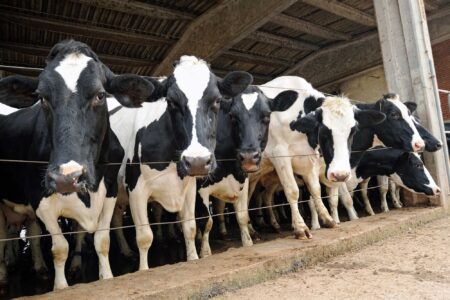John Deere is cutting deeper into its Iowa workforce as the agricultural economy continues to weigh heavily on equipment demand. The company confirmed that 101 workers at its Waterloo Operations will be laid off effective October 17, and 40 employees at its Des Moines Works plant in Ankeny will see their jobs end October 31.
The latest cuts come on top of a wave of earlier workforce reductions, including the latest announced last month. Just last week, a previously announced layoff of 71 employees at Deere’s Waterloo foundry took effect. In August, Deere also trimmed 167 workers from its Quad Cities facilities in Illinois.
Since April 2024, the company has pared down its Iowa workforce more than 26 times, eliminating roughly 2,200 jobs across the state.
Deere said in a statement to the Des Moines Register that the decision is tied to seasonal demand patterns and the realities of a tightening farm economy.
“Production schedules at each John Deere factory vary to align with seasonal farming needs. When fewer orders come in, each factory adjusts accordingly,” the company said in a statement. The Waterloo layoffs will impact Tractor Operations, Drive Train Operations, Drive Train West, and Engine Works, separate divisions from the foundry.
Despite the reductions, Deere insists it remains committed to U.S. manufacturing. The company pointed to its plan to invest nearly $20 billion over the next decade into modernizing and upgrading its domestic factories. “Throughout this process we remain focused on providing customers the high-quality equipment they depend on, while investing to strengthen the foundations of U.S. manufacturing,” Deere’s statement said.
Deere executives told analysts during their August earnings call that the company’s third-quarter net income dropped 26 percent from the previous year, while total net sales fell 9 percent. Tariff-related expenses, which already total about $300 million this year, could climb as high as $600 million by the end of fiscal 2025.
At the same time, the U.S. Department of Agriculture’s September outlook forecasted farm cash receipts up 4.7 percent for 2025, but much of that growth is expected to come from livestock sales and government payments. Crop receipts are projected to decline 2.5 percent compared with a year earlier.
For affected employees, Deere says several benefits will be available. Workers can qualify for supplemental unemployment pay, transitional assistance covering up to half their weekly earnings, and health care coverage for at least six months.
They also maintain recall rights to their home factory for a period equal to their years of service. Additional resources include life insurance, tuition reimbursement, job-placement services, and counseling through the Employee Assistance Program.












